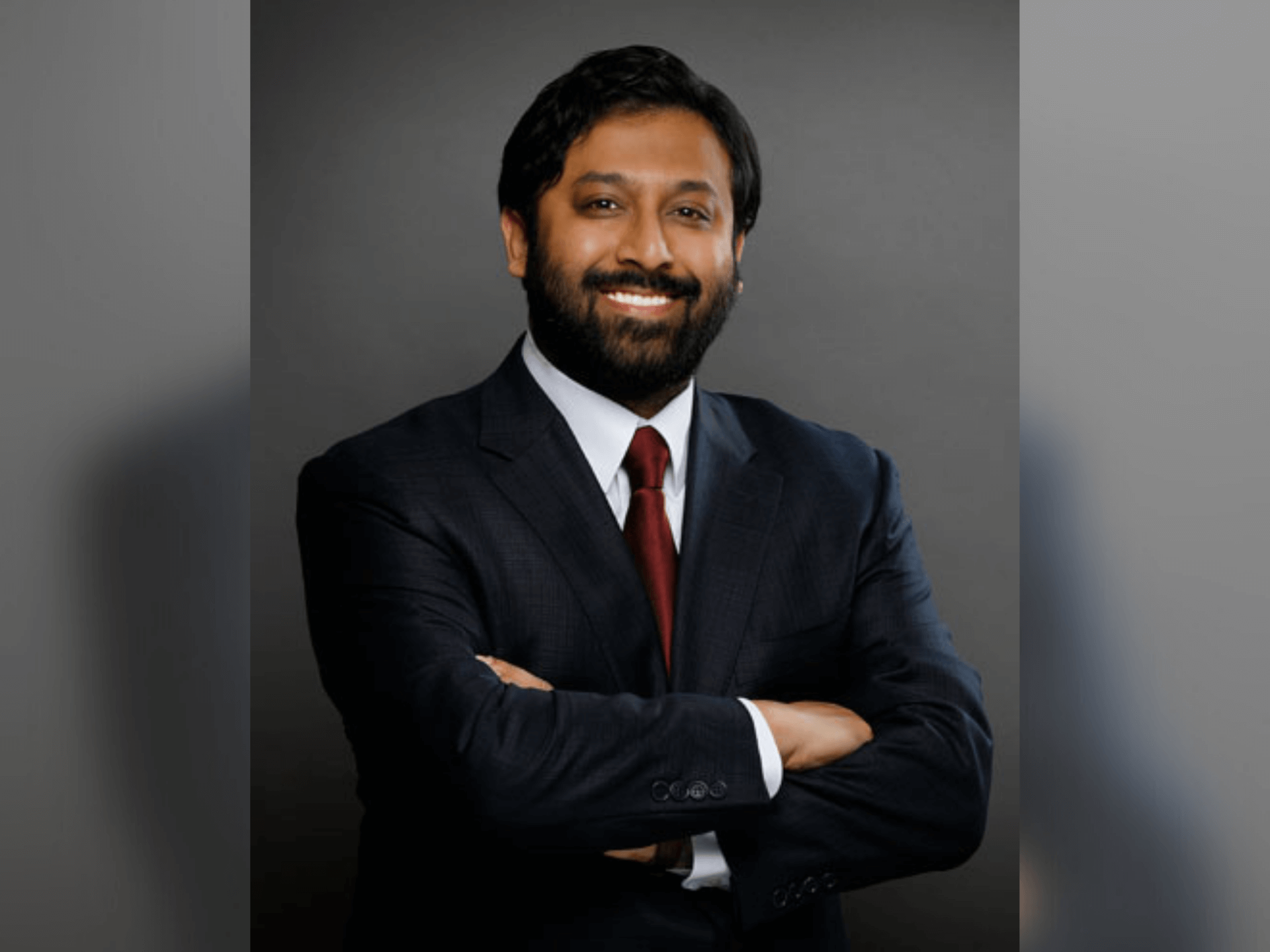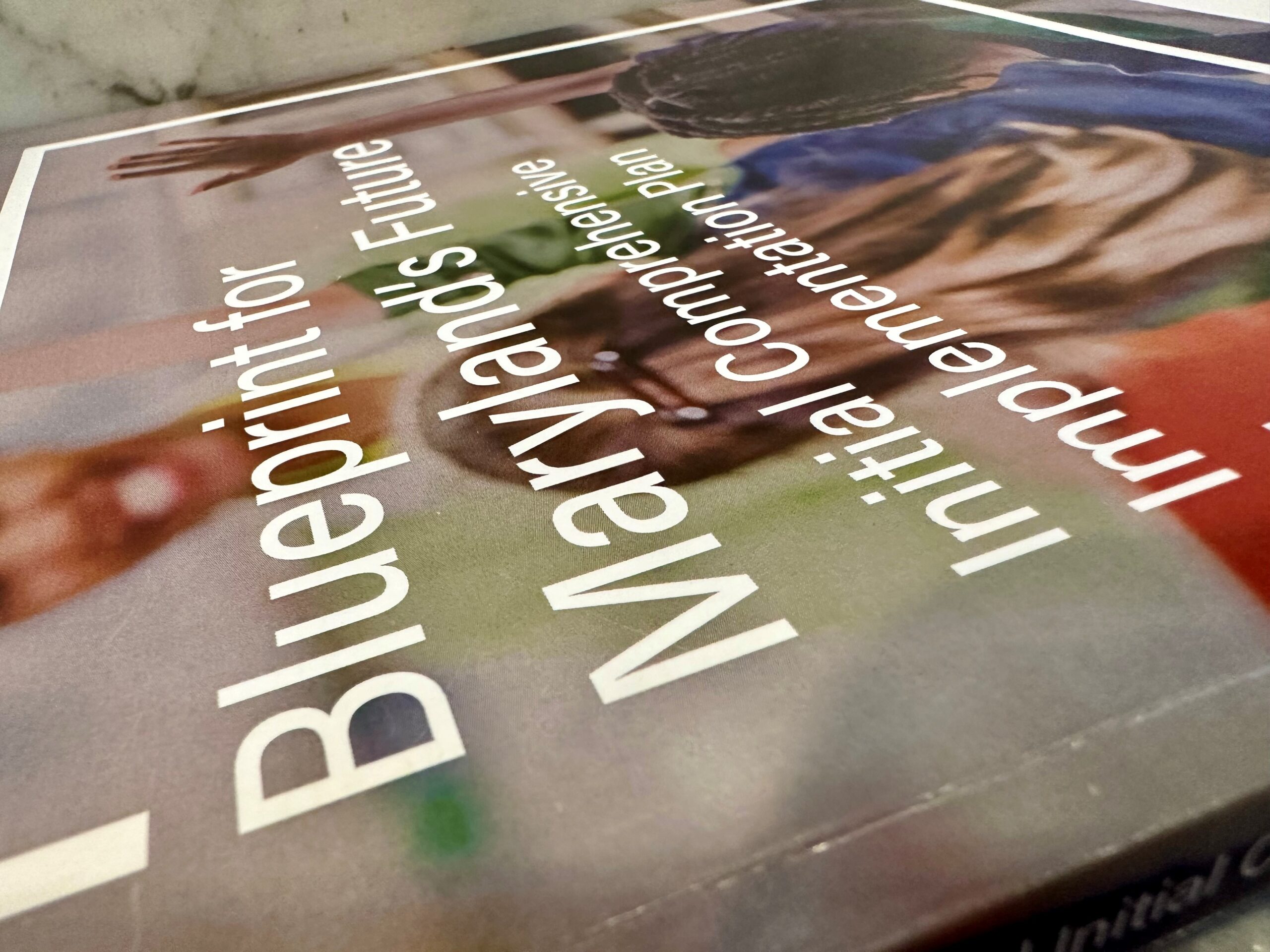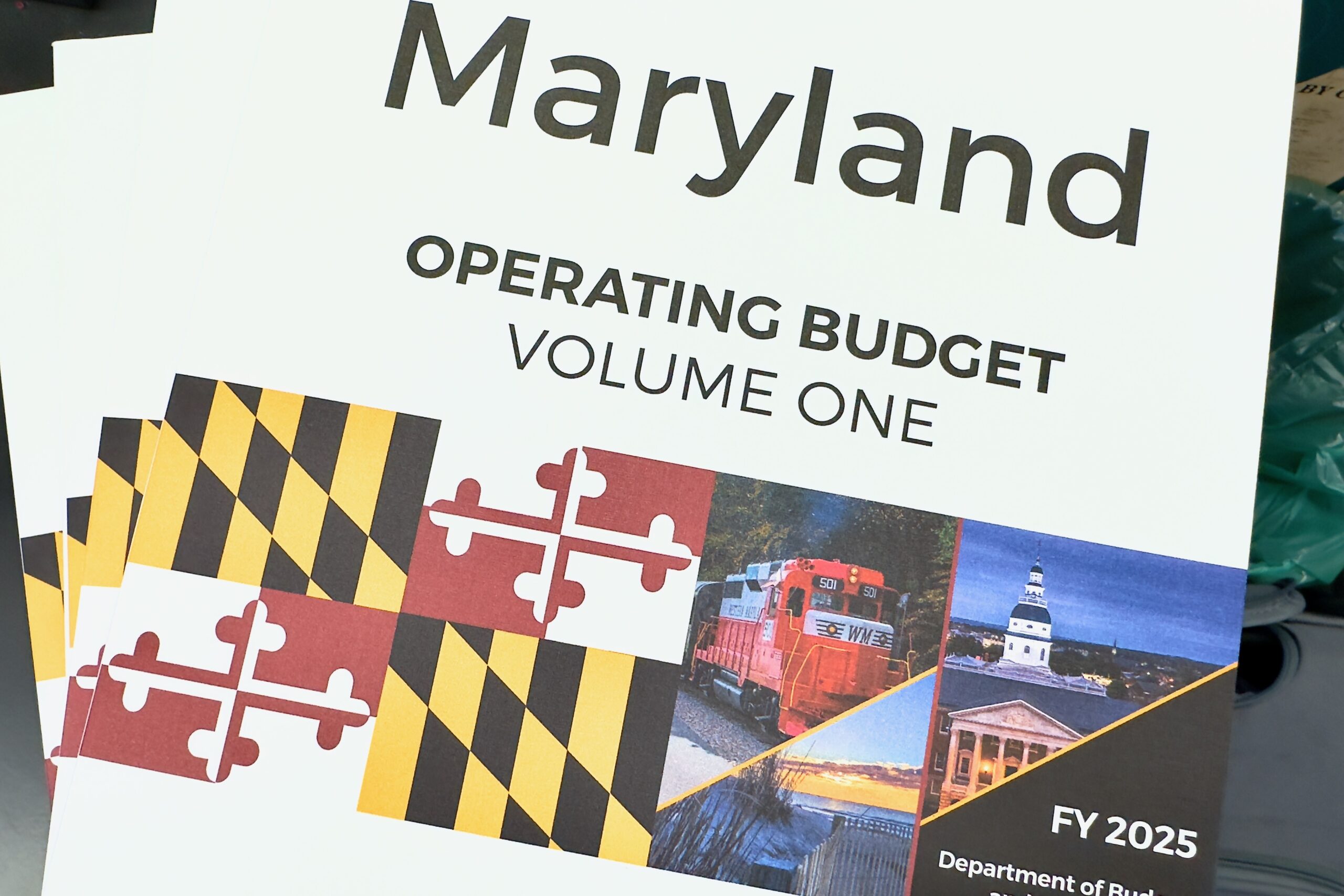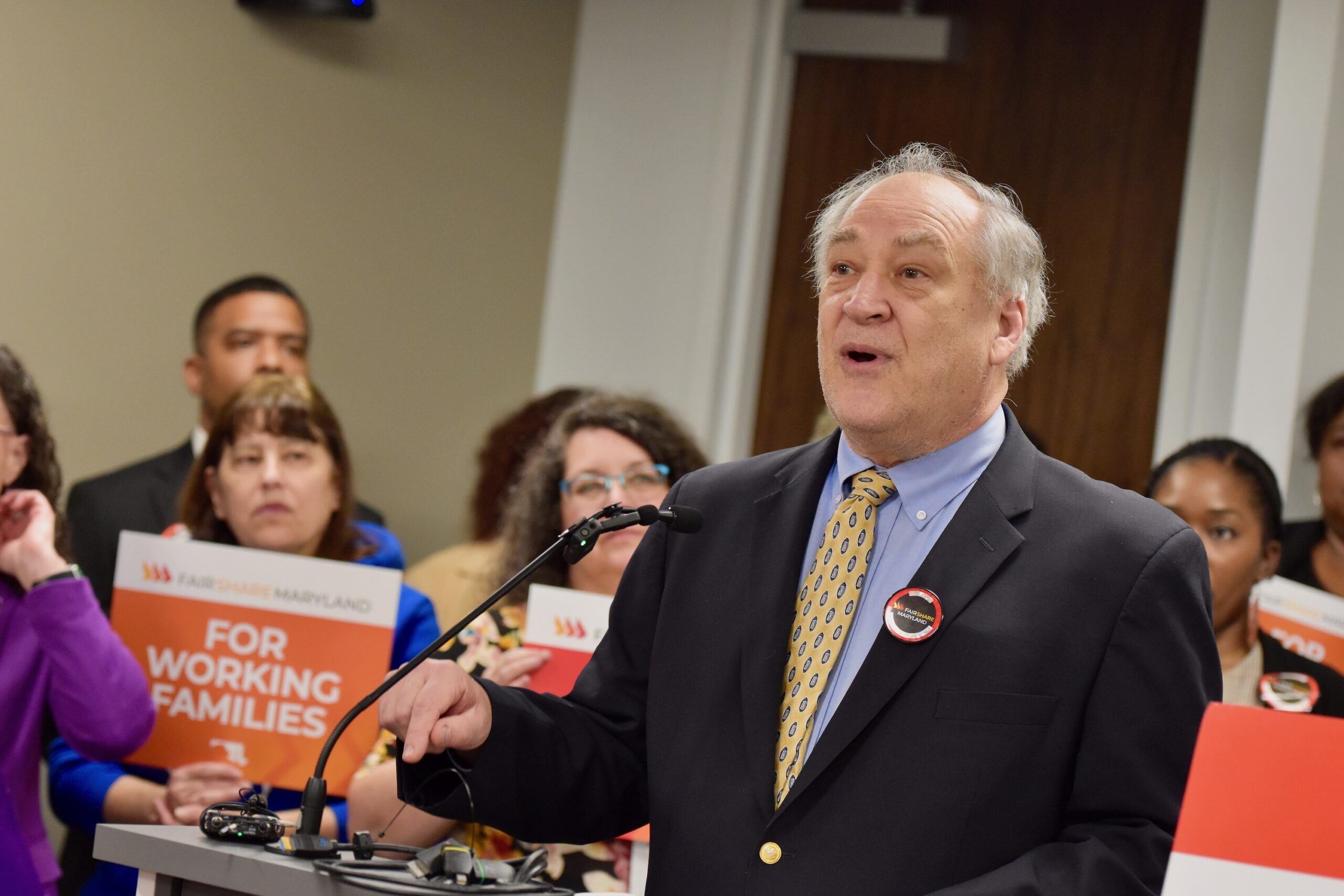Q&A with New State Superintendent Mohammed Choudhury

On July 1, Mohammed Choudhury began his new job as the state superintendent of Maryland. Choudhury arrived in Maryland two weeks ago from Texas, where he was known for his innovative initiatives when it came to poverty and race in the San Antonio and Dallas school districts.
Maryland lawmakers and education leaders have said they are looking forward to a reinvigoration of the state’s public school system with his arrival, but also warn that he is undertaking a difficult job, especially coming from out-of-state and with a multi-billion-dollar, decade-long education reform plan that starts this year.
In an interview with Maryland Matters reporter Elizabeth Shwe, Choudhury talked about how he is settling in Maryland and how he plans to lead the state school system.
This is a transcript of the conversation, lightly edited for length and clarity.
Maryland Matters: What do you think of Maryland so far and what are you most looking forward to doing in this state?
Choudhury: Maryland is known as America in Miniature, so I am excited to live that experience out. I’m excited to taste all kinds of crab cakes in Maryland, which sets the standard for what a good crab cake is. I recently tried Jerry’s Seafood in Prince George’s County and G&M Restaurant, and both have been really great. I have a list that is like 20 deep and counting, and so I plan to form my own opinion on what the best crab cake is.
I feel the diversity in Maryland, whether I’m just getting coffee or at the gas station or walking here in downtown Baltimore or figuring out where I’m going to do my dry cleaning — Maryland is very diverse and it reminds me of my upbringing in the Hollywood region. I went to school with Korean Americans, Latinos and Blacks, and I was the only Bengali kid. But it also reminds me of what the future face of this country will be.
I’m also looking forward to putting down roots and expanding my family here. Right now, it’s just me and my wife. I’m looking forward to having children here — how exciting would it be to have children go through an education system during the Blueprint era? That should be fun and exciting.
MM: How has your first week as a state superintendent been so far?
Choudhury: It’s been very exciting. It is what I hoped it would be, which is a lot of positive energy and a feeling of what’s possible in the next decade to bring high-quality education to every child. I want to be able to channel that energy into the next phase of educational progress here with our local school systems.
Right now my goal is to look, listen and learn, so I am talking with every subdivision here at the Maryland State Department of Education. I’d like to meet the entire team. I am a high-energy person, I like to stay busy, I like to have purpose in what I’m doing. My interactions so far have reinforced all of those things about myself.
MM: How do you plan to foster good relationships with local school systems and teachers? What do you want them to know about you?
Choudhury: I am very much an experiential learner, so I’m looking forward to spending a lot of time in our local school systems, visiting schools, and hosting roundtables with groups of students and families throughout every county.
I’m looking forward to shadowing students — that is something that I especially like to do … just hang out with this student and take classes and do assignments with them for a couple of hours or half the day. I did that a lot in San Antonio and within a school year, I would end up shadowing between 45 to 60 students across the pre-K to 12 spectrum.
I usually ask the school principal to choose a student for me to shadow, and the only thing I want beforehand is a profile of who the student is. But then for the next student, I put some general guidance — I would ask to shadow an English language learner, or a student who is having behavioral challenges or a student who is performing at an advanced level or two levels behind. My goal is to experience that day as that student, and then I meet with the principal and I just share what I experienced.
For me, it informs what’s happening in our school systems because what happens each and every day in the classroom is what we’re all here to do, from all the way up from the state board on down. It helps me become a much more informed and smarter person when I come to think about what we need to do to enhance that experience of that child or to continue to reinforce it.
I’ve been making calls to introduce myself to the school superintendents of our local school system. I’m not all the way through all 24 yet, but one of the things I’ve been asking them is if I have permission just to shadow students, and so far, they have all said yes.
I want teachers to know that I am obsessive about uncovering best practices, and my job is to channel the energy of best practices and push that up and down and across our state so it reaches more kids with urgency.
I want teachers to know that my calendar will have sacred time, in which I will be out of downtown Baltimore on a bi-weekly basis. During those times, I do not want meetings other than what I am doing out in the community: shadowing a student, walking with a superintendent, or meeting an advocacy organization to better understand their needs.
MM: How do you feel about going from leading a school district of around 50,000 students to an entire state education system? How do you feel about holding a job that will require working with lawmakers and the governor?
Choudhury: Scale to me is not scary. I come from Los Angeles, California, where I was groomed as an educator and served about 700,000 students, and I worked also in the nonprofit community as well as with the district school system there.
Then I worked in Dallas, as their Chief of Transformation and Innovation, and they have about 160,000 students. And then in San Antonio I held a similar role with expanded responsibilities and they have around 50,000 students.
But one of the things I would hope people would see is the work that I do — I’m constantly thinking about scale. A lot of my work shaped legislation at the state level in Texas, and Texas serves 5.5 million children. Texas adopted a different way to measure poverty and respond to poverty, and that is touching every single school system, including charter schools, in Texas.
Texas has a very different legislative body, but at the end of the day, it requires sharing the research on why this matters and working with leaders of the legislative body, as well as within the community to help come to the best idea.
I feel like, in Maryland, I will get to do that more frequently, but this is not a foreign concept to me. The work that I have done — it has resonated nationally. So, I am looking forward to being able to shape the educational landscape in Maryland with the Blueprint as a very strong guide towards what comes next.
I left the classroom because I was frustrated with the central office messing things up for educators. The schools I taught at — we would do great things for students, and they would go off to the next school. But then somewhere across that pre-K to 12 spectrum, some of the kids would fall off. They would get lost in the system or that success would get set back, and I told myself — I need to be in the rooms where these decisions are being made to get it right for kids and educators. That’s the path I set myself on when I left the classrooms and here I am today.
MM: What are you most looking forward to with the Blueprint?
Choudhury: There’s so many great things in the Blueprint. It really is a super bill and roadmap towards building a great education system for our state, which can mean many, many things for our country.
I really do call it a true guide that came about as a result of an adequacy study. You normally don’t see states opt into adequacy studies on their own — usually they have to get forced into an adequacy study, or be pushed for by advocates to really truly uncover what it costs to provide a high quality education.
The famous Rodriguez vs. San Antonio case — at the end of the day what that case came down to was: what was the cost to provide a high quality education to children living in abject poverty in that school district? Because the other school districts that were not that far away in a highly segregated setting were getting a completely different educational experience.
The Blueprint is a long bill, but I read through it and I will continue to read through it multiple times. I am excited about the fact that it is focusing on expanding early childhood education — it all starts there. I am looking forward to the Blueprint expanding how we prepare educators in the state, the career ladders of educators, and raising the pay for educators, because that is long overdue.
I am also excited about looking at the funding disparities across different school systems and making sure that targeted funding is differentiated based on the depth of poverty. Given my background, that is something that’s going to tug at my heartstrings … it’s just an obsession about getting that right, given my background in that area.
This Blueprint is a once-in-a-generation moment to build a high-quality education system and I don’t not want to miss this opportunity to get it right with all of our stakeholders. Everyone is fully engaged right now. I bet other state education superintendents are jealous of me.
MM: In San Antonio, you didn’t always see eye-to-eye with the teachers union — can you tell me more about that relationship? And what kind of relationship do you hope to forge with the teachers unions here?
Choudhury: I have always had working relationships with every stakeholder, including our professional associations and unions. That is the relationship our administration had in San Antonio — we had something written into our policy that is very unique for a school system in a right-to-work state like Texas, where we met with our union once a month to talk about various issues.
That relationship was always a working relationship and collaboration for specific initiatives. Did we always agree? No, we did not always agree. I would like for anyone to point me to something where everyone is in universal agreement with something. People debate over the color of a wall. But at the end of the day, my decisions will be guided by what’s best for kids and what the research says is best for kids.
I will respect the views of everyone, and that doesn’t mean we will always agree when it comes to strategy and direction. But we will listen to one another, and so I’m looking forward to meeting with the Maryland State Education Association, to be able to share ideas and find points of collaboration. There might be moments where we won’t always agree. And that’s not just with the union, that can be other stakeholder groups as well too.
MM: What have you evaluated as strengths and weaknesses of Maryland’s education system so far?
Choudhury: I can’t answer that yet because I’m in the learning phase, but the only thing I could share is the findings from the Kirwan report, as well as what the data shows. Maryland has a reputation of high quality education, no doubt, but gaps exist, both in opportunity and learning, so there is work to be done.
The growth area is that excellence needs to be true for every child, regardless of their background, especially for our historically disadvantaged subgroups.




 Creative Commons Attribution
Creative Commons Attribution